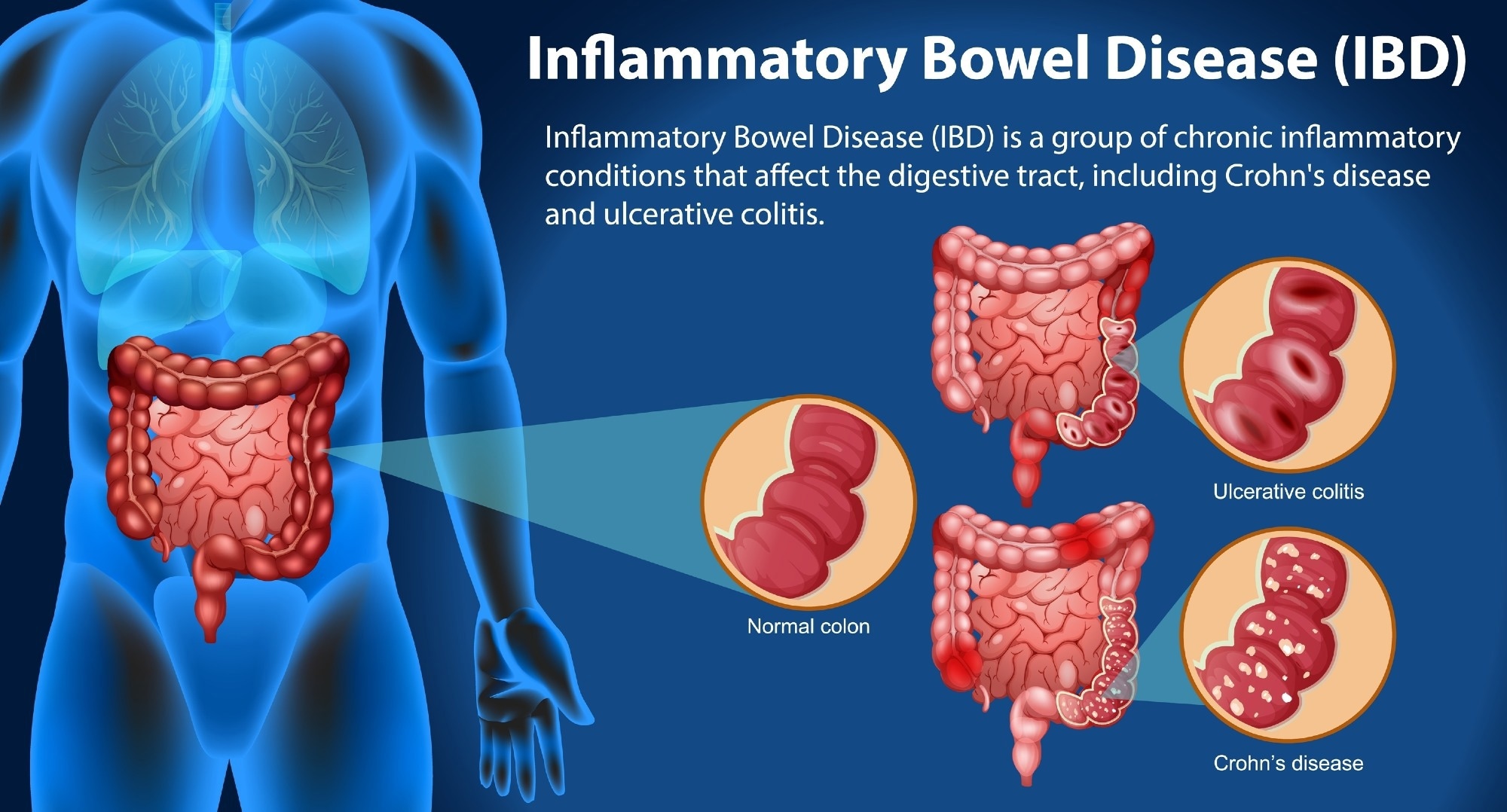The benefits of treating pain and fever in pregnancy are well established. Untreated fevers can lead to miscarriage and birth defects.
October 14, 2025 by Healthy Debate Leave a Comment

“Don’t take Tylenol. There’s no downside. Don’t take it. You’ll be uncomfortable, it won’t be as easy, maybe. But don’t take it …”
With those words, U.S. President Donald Trump warned pregnant patients against using one of the only over-the-counter medications for pain and fever considered safe in pregnancy, claiming links to autism and ADHD. What this statement ignored is the very real risk of leaving pain and fever untreated in pregnancy, risks that go far beyond being “uncomfortable.”
It’s 9 p.m. on the labour floor. A patient has been working through contractions for 18 hours when she spikes a high fever. We suspect an infection of the placenta and sac surrounding the baby, a serious complication that requires immediate care.
The benefits of treating pain and fever in pregnancy are well established. Untreated fevers can lead to miscarriage and birth defects. One of the most important tools clinicians reach for is Tylenol, otherwise known as acetaminophen. It is often the first-line treatment for fever in pregnant and labouring patients. It does what we need it to do: lowers fever and eases pain, benefiting both mother and baby.
It is now 1 a.m. A pregnant patient comes to the hospital with severe shooting groin pain that has kept her from sleeping all week. This is a common case of round ligament pain. For some, this discomfort can last for weeks until delivery.
Tylenol is the safest and most accessible option for managing the everyday pains of pregnancy. Without Tylenol, patients are left with two bad choices: endure untreated pain or turn to other medications that could carry even greater risks. Untreated chronic pain is not harmless, it has been linked to high blood pressure, anxiety and depression, all of which lead to worse outcomes for the mother and child.
Pregnant patients already face an unfair burden when it comes to pain relief. Common pain medications like Advil are generally unsafe in pregnancy because they can cause serious complications for the baby, such as heart failure or even death. The only other widely available pain control option in pregnancy are opioids. In some circumstances, opioids can be appropriate. For example, in small doses within an epidural or as a short course when pain is severe and other treatments are not effective.
But when opioids are taken regularly in pill or injection form, they carry well known risks, from neonatal withdrawal to preterm birth. Research also shows that women who routinely use opioids during pregnancy, even when prescribed, have an increased risk of developing opioid use disorder afterwards.
This is why leading medical societies in Canada and across the globe continue to reaffirm that Tylenol, when used at the lowest effective dose, remains safe for fever and pain management. The science does not support claims that Tylenol causes autism or ADHD, and experts agree that current practice should not change.
Casting doubt on Tylenol without solid evidence does not empower pregnant people, it corners them. It adds guilt, stigma and undermines their confidence in making safe decisions for themselves and their babies.
Pregnant patients deserve clear information, safe options, and the confidence that medical decisions are supported by evidence. For those who are worried or have questions, the best step is to talk openly about Tylenol with your care provider.
—
Previously Published on healthydebate.ca with Creative Commons License
***
–
The world is changing fast. We help you keep up.
We’ll send you 1 post, 3x per week.
Join The Good Men Project as a Premium Member today.
All Premium Members get to view The Good Men Project with NO ADS. Need more info? A complete list of benefits is here.
—
Photo credit: iStock
About Healthy Debate
Healthy Debate publishes journalism about health care in Canada by the people whose lives it touches the most, from physicians, patients and caregivers to health journalists, academics, and advocates. Our unique focus on giving a platform to health-care insiders allows us to provide detailed coverage of the inner workings—and dysfunctions—of this important sphere of Canadian society.
We pride ourselves on covering the nitty gritty of Canadian health care through clear, captivating op-eds and reported features. This allows us to be a forum where the general public learns about, discusses, and debates health care in Canada—and, importantly, imagines what it could become.
Visit the website at https://healthydebate.ca/. On Twitter: @healthydebate

.jpeg)























.jpeg)













 English (US) ·
English (US) ·